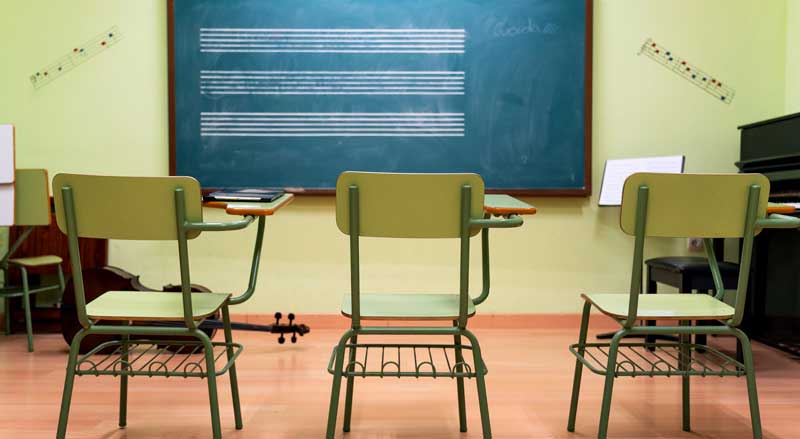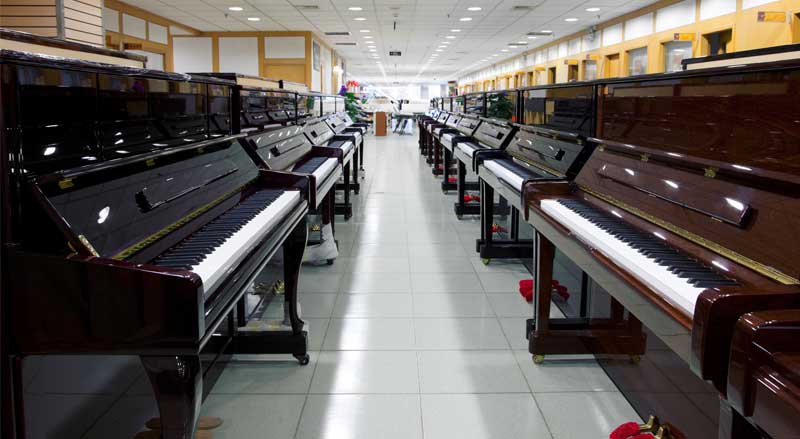
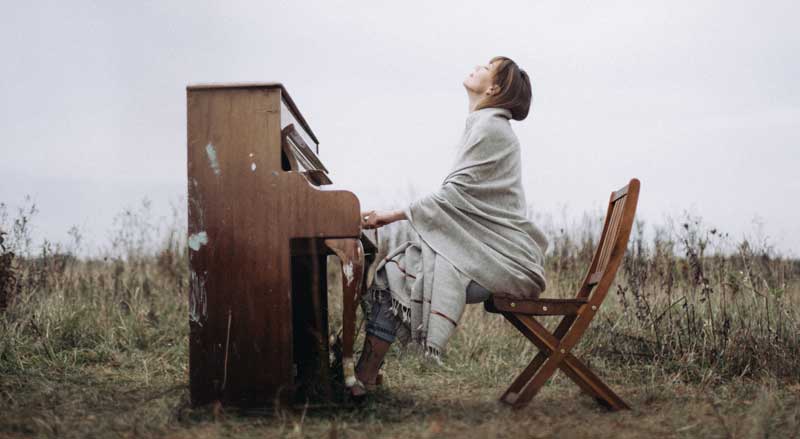
If you’re wondering “How often should I tune my piano?” you’ll find the answer here.
If you’re using an untuned piano to check that you’re singing on pitch, the results can be woefully misleading. And playing a piano in need of tuning can even damage your piano. These are just two reasons to keep your piano properly tuned.
You and your family may remember the day your new piano arrived. It promised to fill your home with music—and even opened the door to new musical opportunities for family members.
Now that it’s here, you need to take good care of your piano so you can enjoy its beautiful music for countless years to come.
There are several reasons a piano goes out of tune. And it doesn’t necessarily have anything to do with how often it’s played.
Piano experts agree that the biggest reason pianos go out of tune is their exposure to fluctuations in room temperature and humidity.
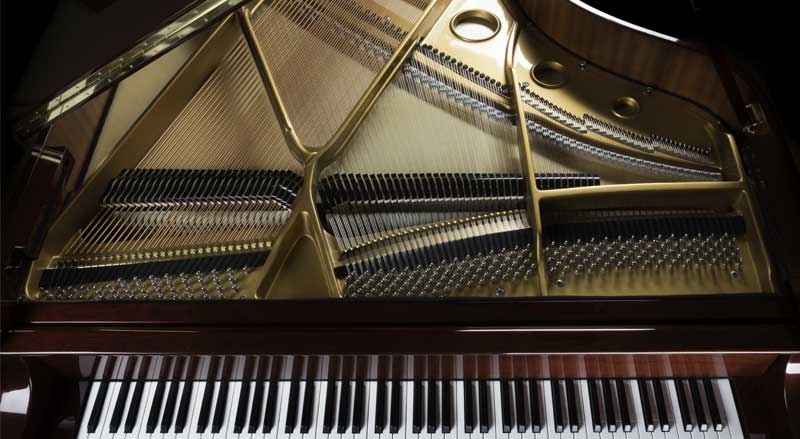
The main parts of the piano that are responsible for the music it creates are the strings, hammers, and the soundboard.
The soundboard is a large, thin wooden plate that supports the strings and creates the musical sound. A well-made and cared for spruce soundboard will last well over fifty years. It’s like the heart of the piano. It amplifies the sounds created by the vibrating strings.
Temperature and humidity fluctuations cause the wooden soundboard to expand and contract. As measurements fluctuate, the carefully calibrated string tension is affected. Strings will stretch and then slacken.
Some people will put a humidifier, dehumidifier, or space heater in the piano’s room to help control these environmental fluctuations. But even the most balanced humidity and temperatures won’t keep strings from stretching and creating a flat musical sound or tighten and go sharp.
Playing a piano frequently leads to the hammers striking the wires more often, causing the piano to need tuning more frequently. But if the piano sits unplayed, the strings will sag and stretch on their own. A string can eventually weaken and break causing damage to additional strings in the process.
In either case, a piano must be tuned periodically to prevent more extensive damage. Piano tuning will correct the delicate string tension and get it back on track.
Experts generally agree that people should have pianos tuned a minimum of twice yearly. Both frequent and infrequent use affect the piano strings.
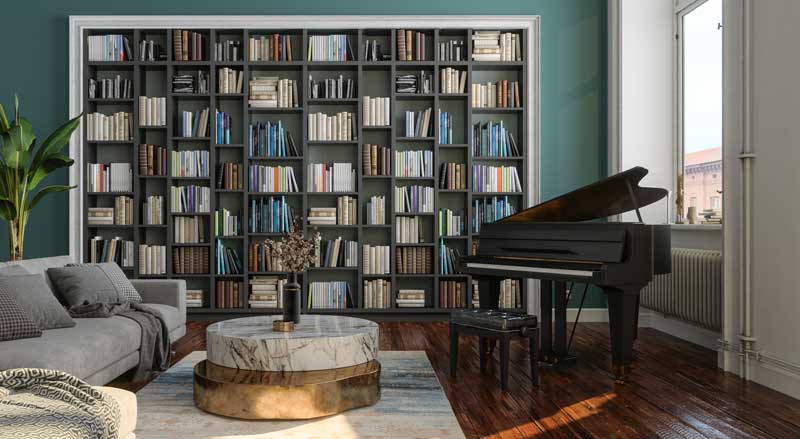
If your home experiences extreme temperature or humidity changes, you may need to do this more frequently. For example, if your piano receives a lot of sunlight during the day from a nearby window, this can affect the piano’s performance and it may go out of tune more quickly. If your home has frequent humidity fluctuations, this will have an effect as well.
Consistent extended daily use of the piano can also create a need for more frequent piano tuning.
If you have not played the piano for over six months, have it tuned before you play it again—the strings will definitely need to be adjusted.
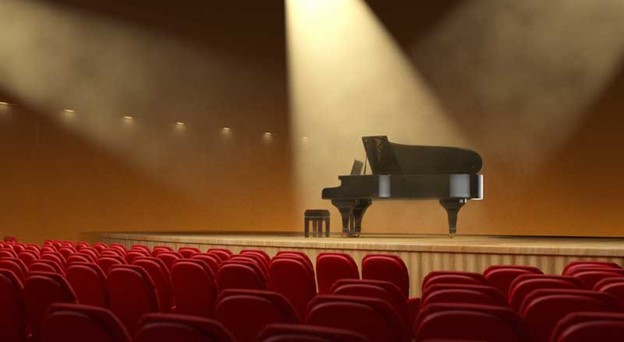
If a piano is played in a professional environment, it will probably go out of tune more quickly. Stage lights shining on a piano can cause tuning problems.
School pianos may experience temperature fluctuations with heating turned on during the week and off during nights and weekends.
Strings on a new piano, or new strings on a rebuilt piano, will stretch more quickly, causing a need for tuning. Be sure to tune these pianos twice a year to make it less likely that a string will break or go out of tune.
If you and your piano are moving to a new home, wait a little while before having your piano re-tuned. Family members, pets, and pianos all need time for adjustment to new surroundings!
Let your piano sit in its new home for three weeks before you have it tuned. The piano tuning will be more accurate if the piano has acclimated to the new climate—with its own temperature and humidity patterns—and the strings have settled.
If you have perfect pitch, it’s probably easy to know when your piano goes out of tune. Psychology Today reports, only about 1 in 10,000 people are born with perfect pitch. So, what about the other 99.99% of us?
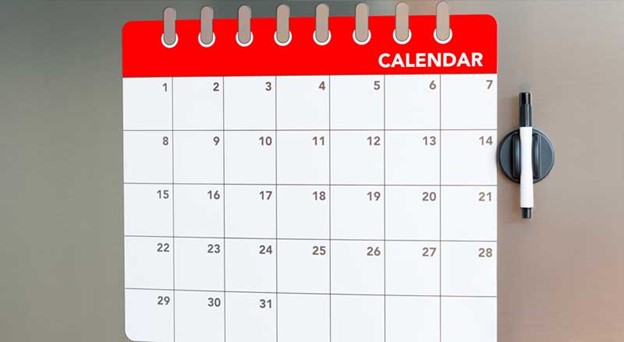
It’s good to mark on your calendar when you need to have your piano tuned—and that should be twice a year. Of course, if you hear notes that are sharp or flat, or if you hear an odd buzzing or twanging when playing the piano, it’s time for you to call the piano tuner. Your piano should always have a rich, clear sound.
Sometimes you may feel a flat or dull sensation, instead of a firm sensation, when you strike the key. This is also a sign that your piano needs a tuner.
A piano with 88 keys has 230 strings. Tenor and treble notes each have three strings, bass notes have two strings, and low bass notes have one string. All strings twist around the appropriate tuning pin to maintain proper tension. The proper tension ensures the right pitch.
A piano tuner can adjust each string’s tension by turning the pins. So, it’s understandable that piano tuning can take anywhere between one-and-a-half to three hours, and sometimes even longer. A regularly tuned piano will most likely take less time to get tuned.
A professional piano tuner will also check that the piano’s parts are all in good condition and working as they should. They can check the condition of the strings and replace worn strings before they snap and damage other strings.
Learn more about piano care.
Contact us at B Natural Pianos in Rockaway, NJ for new and pre-owned pianos, music lessons, instruments, and more!

